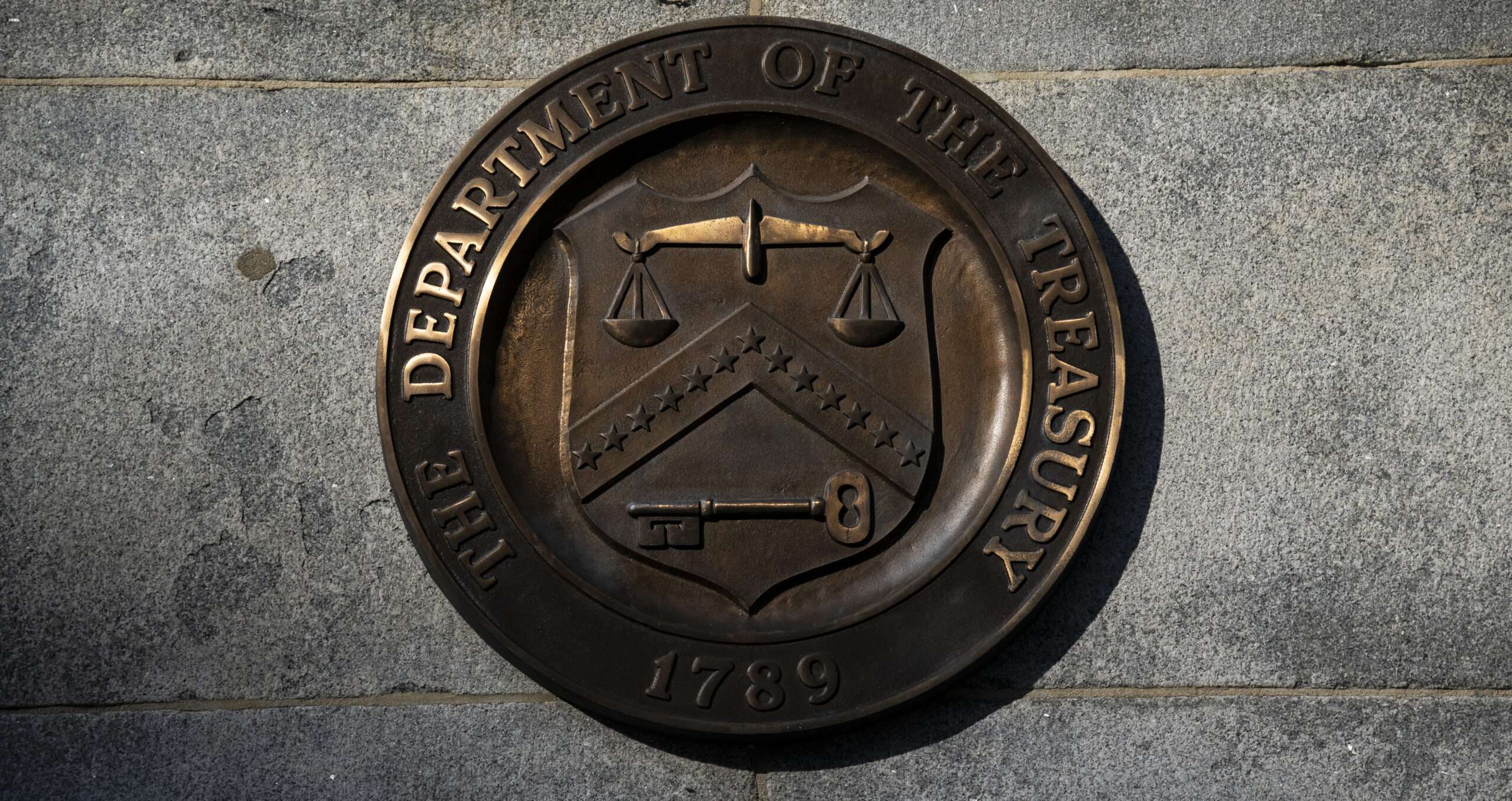House Approves Measure Allowing Treasury to Target Unpopular Nonprofits
On Thursday, the U.S. House of Representatives passed the Stop Terror-Financing and Tax Penalties on American Hostages Act, a bill designed to alleviate tax burdens for Americans wrongfully detained or held hostage abroad. The legislation, sponsored by Rep. Claudia Tenney (R–N.Y.), received support from a majority of Republicans and some Democrats, reflecting a bipartisan acknowledgment of the challenges faced by hostages returning home. Specifically, the bill clarifies that the time spent unlawfully detained should not factor into an individual’s tax liabilities. While the intention behind the bill is commendable, particularly the effort to aid victims of kidnapping, it also introduces problematic provisions that could enhance governmental power over nonprofit organizations, potentially undermining civil liberties in the process.
The bill incorporates language allowing the government to designate nonprofit organizations as supporters of terrorism, thus subjecting them to the loss of their tax-exempt status without adequately rigorous safeguards. The Secretary of the Treasury is granted discretion to determine if a nonprofit has provided material support to alleged terrorist entities over the past three years. Although organizations labeled as such can appeal this designation within 90 days, the burden of proof falls on them to demonstrate their innocence. Critics argue that this shift in burden from prosecution to the accused could lead to politicized and arbitrary enforcement of tax laws, allowing the government to target and punish groups it might disagree with or view as political opponents.
Civil liberties and activist groups, including the ACLU and the Brennan Center for Justice, have raised alarms about the potential for abuse inherent in the bill’s provisions. They emphasize that existing laws already criminalize support for terrorism, which requires the prosecution to prove that the accused knew of the organization’s status as a designated terrorist entity, thereby safeguarding against wrongful accusations. In contrast, the new bill could essentially strip organizations of their tax-exempt status, serving as a severe penalty that may threaten their survival. This legislative shift raises significant concerns about free speech, academic discourse, and the ability of nonprofits to operate without fear of government retribution based on political ideology.
The risk posed by such expansive governmental authority is compounded by historical precedents, such as the targeting of conservative groups by the IRS during the Obama administration. In 2013, an investigation revealed that the IRS utilized biased criteria to identify and scrutinize organizations with names associated with the Tea Party and similar movements. This pattern of politicization demonstrates how laws intended to target specific groups can be repurposed against new ideological targets as political power shifts, thus endangering all organizations regardless of their stance. The recurring cycles of political influence highlight the inherent dangers of drafting laws that empower the government to wield financial consequences against perceived adversaries.
Moreover, the law’s incorporation of administrative and financial penalties blurs the lines between criminal law and regulatory enforcement. Historical measures implemented by administrations—including the ability to designate terrorists, freeze assets, and penalize financial institutions—have already established a precedent for administrative action without the stringent due process that criminal law requires. Decisions made via executive orders or regulations have sometimes circumvented traditional legal safeguards, allowing for profiling and punishments of dissenting groups based solely on their political positions. In this evolving regulatory landscape, the ramifications of misapplication can be grave, leading to unintended suppression of vital civil liberties.
While the intention behind the legislation to provide tax relief for kidnapping victims is admirable, it is crucial that lawmakers remain cautious about simultaneously granting the government additional powers to designate and penalize organizations as they see fit. A bill aimed at helping one group should not come at the expense of due process or the rights of civil society organizations. The interplay between financial penalties and government authority underscores the need for comprehensive protections that prevent potential abuses of power, ensuring the legislative framework does not undermine the fundamental principles of freedom and justice.
In summary, the passage of the Stop Terror-Financing and Tax Penalties on American Hostages Act has sparked a contentious debate over the balance between aiding victims of crime and safeguarding the rights of organizations against governmental overreach. While the relief offered to hostages returning from unjust detention is a necessary step, the ancillary provisions embedded within the bill represent a significant shift towards heightened government scrutiny and control over nonprofits, raising serious concerns about due process and the potential for politically-motivated enforcement. As the legislative landscape continues to evolve, it is essential that advocates for liberty and justice remain vigilant against any laws that compromise the integrity of societal freedoms.
Share this content:












Post Comment